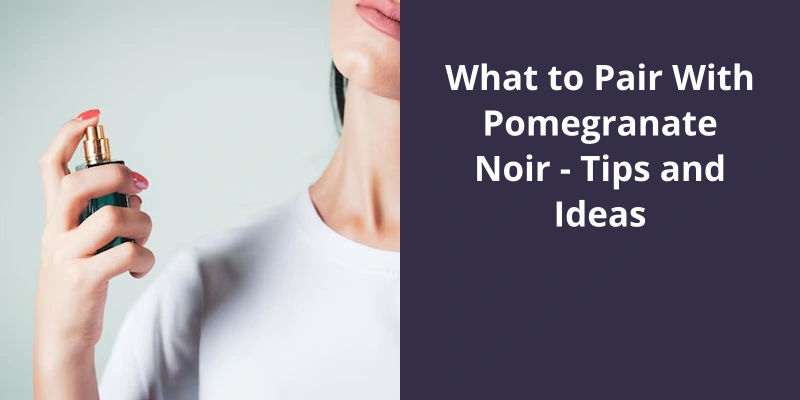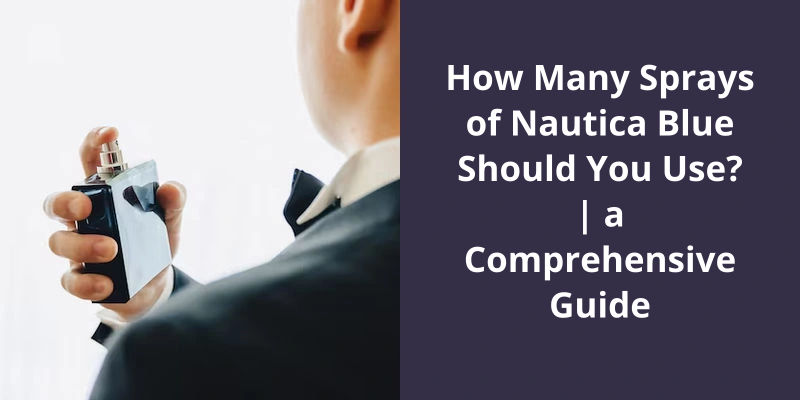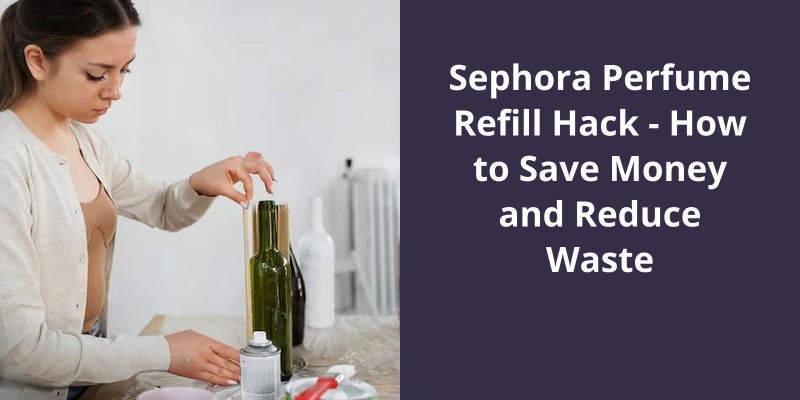Making your home smell like jasmine involves a few easy steps. Start by purchasing a jasmine essential oil and a diffuser, which can be found online or in a local store. Once you get these, put a few drops of the jasmine oil in the diffuser and turn it on. The diffuser will slowly release the sweet, refreshing aroma of jasmine throughout your house. For constant fragrance, consider using jasmine-scented candles or incense. You can also make a DIY spray by mixing jasmine oil with water and spraying around the house. Lastly, for those who prefer natural ways, consider growing a jasmine plant inside your home, because it not only adds beauty to your space, but also naturally emits a beautiful jasmine aroma. Remember, all options can be used individually or in combination depending on the intensity of aroma you want.

What Makes Jasmine Smell?
However, when combined with other fragrance components, such as aldehydes and floral notes, it creates a rich and complex aroma that’s distinctively jasmine. Indole is also found in other flowers, such as orange blossom and tuberose, but it’s especially prominent in jasmine.
Methyl dihydrojasmonate, on the other hand, is responsible for the fresh and green aspects of the jasmine scent. It’s a slightly sweet, fruity smell that adds a natural and vibrant element to the fragrance. It’s also a common ingredient in perfumes and colognes, often used to add a fresh and airy quality to the scent.
The exact combination of indole and methyl dihydrojasmonate in jasmine varies depending on the species and the growing conditions. For example, jasmine sambac, which is commonly used in perfumery, has a higher concentration of indole than jasmine grandiflorum. Similarly, jasmine flowers grown in cooler climates tend to have a different scent profile than those grown in warmer regions.
The scent of jasmine is also influenced by the time of day and the weather conditions. Jasmine flowers are most fragrant at night, as this is when the pollinators (usually moths) are active.
These compounds contribute to the overall aroma of the flower and influence the nuances of the scent. Together, these molecules create a beautiful and complex fragrance that’s beloved by many.
The Uses of Jasmine in Traditional and Modern Perfumery.
Jasmine has been used for centuries in the perfume industry due to it’s mesmerizing scent and versatility. It’s widely used in traditional and modern perfumery for it’s floral, sweet, and exotic aroma, and is known to have calming and relaxing effects on the mind and body. It’s popularity in the perfumery industry has led to it’s integration in various products such as soaps, deodorants, candles, and other household products.
Now that you know how to prepare jasmine flowers for infusion, it’s important to note that there are many ways to use them. From making a refreshing jasmine tea to adding a floral touch to your cocktails and desserts, the possibilities are endless. So get creative and experiment with this fragrant flower to discover new and delicious ways to enjoy it’s delicate aroma.
How Do You Infuse Jasmine Flowers?
Infusing jasmine flowers in water is a simple and effective way to enjoy the sweet and fragrant aroma of this beautiful flower. First, it’s important to gently rinse the flowers to ensure any dirt or debris is removed. Once the flowers have been cleaned, set them aside in preparation for the infusion process.
The next step is to pour the desired amount of drinking water into a large pitcher that comes with a lid. It’s important to use fresh and clean water to ensure the best quality and taste of the infusion. Once the water is in the pitcher, carefully add the jasmine flowers into the mixture.
It’s essential to close the lid of the pitcher tightly to ensure the fragrance of the jasmine flowers is fully infused into the water. Once the flowers have been added and the lid is secured, place the pitcher in the refrigerator to cool for at least 3-4 hours. This gives enough time for the jasmine-infused water to offer a strong enough scent.
After the infusion process is complete, the jasmine flowers can be removed from the pitcher. However, it’s important to note that leaving the flowers in for too long can result in a bitter taste and discoloration of the infused water.
Jasmine-infused water can be enjoyed on it’s own or added to other beverages, such as tea or cocktails. It’s a refreshing and soothing drink option, perfect for a hot summer day or as a calming end to a stressful day.
With just a few steps and some patience, anyone can create a delicious and refreshing drink that’s perfect for any occasion.
Different Ways to Use Jasmine Flowers for Infusions, Such as Adding Them to Tea, Smoothies, or Even as a Garnish for Cocktails.
Jasmine flowers can be used in a variety of ways for infusions, including adding them to tea, smoothies, or as a cocktail garnish.
However, with advancements in technology, other methods have been developed to extract jasmine absolute oil more efficiently. These methods involve the use of solvents such as hexane or ethanol. Despite these developments, some perfumers still prefer the traditional method as it produces a more complex and delicate fragrance.
How Do You Extract Jasmine Absolute Oil?
However, this method was time-consuming and expensive, leading to the development of other extraction techniques. One such technique is solvent extraction, which involves soaking the jasmine flowers in a solvent such as hexane or ethanol to extract the oil. The solvent is then evaporated, leaving behind the jasmine absolute oil.
Another method is enfleurage, which involves placing fresh jasmine flowers in an odourless fat, such as lard or cocoa butter, until the fat becomes saturated with their fragrance. The fat is then washed with alcohol to extract the jasmine oil, which is further purified through distillation.
Steam distillation is another popular method of extracting jasmine absolute oil, in which steam is used to extract the oil from the flowers. The resulting mixture of water and oil is then separated, and the oil is further refined to produce the pure jasmine absolute oil.
The resulting oil, however, is a highly valued ingredient in perfumes, cosmetics, and aromatherapy products, due to it’s unique and intoxicating scent. With it’s many applications and benefits, jasmine absolute oil will continue to be in high demand for years to come.
What Are the Different Uses of Jasmine Absolute Oil in Aromatherapy?
Jasmine absolute oil is commonly used in aromatherapy for it’s calming and soothing properties. It can help reduce stress, anxiety, and depression, while also promoting relaxation and sleep. It’s also believed to have aphrodisiac qualities and can improve emotional balance. Additionally, jasmine absolute oil has anti-inflammatory and antiseptic properties, making it a popular choice for skin care products.
The scent of jasmine is known for it’s strong, sweet aroma that’s particularly noticeable at night. So what exactly causes this unique feature? As it turns out, the secret lies in the plant’s natural response to a decrease in temperature. Keep reading to learn more about why jasmine smells so strong at night.
Why Does Jasmine Smell Strong at Night?
The reason why jasmine is more fragrant at night also lies in the pollination process. Jasmine is a nocturnal plant, meaning it relies on creatures such as moths and bats to pollinate it’s flowers at night. The strong scent of jasmine at night is therefore meant to attract these creatures towards the plant. This is important because without effective pollination, jasmine plants would struggle to reproduce and thrive in the wild.
Moreover, the chemistry behind jasmines scent has also been studied in detail. Scientists have identified a group of compounds, known as indoles, that are responsible for the flowers characteristic fragrance. These compounds are more easily released at lower temperatures, which further explains why jasmine smells stronger at night. Other factors such as humidity and wind patterns can also impact the strength of jasmines fragrance.
Interestingly, the smell of jasmine has been shown to have a calming effect on the mind and body. This is why jasmine is often used in aromatherapy, where the fragrance is used to promote relaxation and reduce stress. Some people also believe that the scent of jasmine can help with sleep, which may be another reason why it’s so pleasant to smell at night.
The process of creating the intoxicating scent of jasmine is an age-old practice that’s steeped in tradition. Whether it’s using wilted flowers mixed into tea or natural essential oils, the end result is always the same: a beautifully fragrant aroma that can transport you to another world. But what does it take to make jasmine flowers smell? Let’s delve deeper into the art of floral fragrance and explore the various ways to capture the essence of this delicate bloom.
How Do You Make Jasmine Flower Smell?
To make jasmine tea, the process starts with plucking matured jasmine flowers in the early morning before they fully bloom. The flowers are then allowed to wilt for several hours until they become soft and tender. The base tea, whether it’s green, white or black, is made separately, and then the wilted jasmine flowers are mixed in to infuse the tea with their heady aroma.
After the flowers have been mixed with the tea, the mixture is covered and left to absorb the scent. This process can take several hours, depending on the desired strength of the jasmine scent. The longer the mixture is left to sit, the stronger the jasmine aroma will be infused into the tea. Once the tea has absorbed the fragrance, the wilted flowers are removed, and the tea is ready to be consumed.
Jasmine tea is a popular beverage in China and other parts of East Asia, where it’s often served as a refreshing drink after meals. It’s also commonly consumed as a health tonic, as jasmine tea is believed to have cleansing and detoxifying properties. In Chinese medicine, jasmine tea is sometimes used to help reduce anxiety and stress.
The result is a fragrant and refreshing beverage that’s been enjoyed in traditional Chinese culture for centuries.
The History and Cultural Significance of Jasmine Tea
Jasmine tea is a type of tea where green tea leaves are scented with jasmine flowers. It’s a long history in Chinese culture and is often seen as a symbol of hospitality and friendship. It’s believed to have originated in the Song Dynasty and was enjoyed by China’s emperors. Today, jasmine tea is popular worldwide and is enjoyed not only for it’s delicate floral taste but also for it’s calming and stress-relieving properties. It’s often used in Chinese tea ceremonies and is a favorite beverage for many people around the world.
Source: Fragrance Facts: Uses and Benefits of Jasmine – Parks London
Now that we understand how jasmine is used in the production of perfume, let’s delve further into it’s origins and properties. While jasmine absolute is extracted from the blooms of the jasmine plant, it’s important to consider whether or not the scent is considered “natural” in the fragrance industry.
Is Jasmine a Natural Scent?
While jasmine is a popular fragrance in perfumes, it’s important to note that the scent can be created through both natural and synthetic means. Jasmine absolute, a natural extract from the jasmine plant, is one of the most commonly used ingredients in perfumery due to it’s powerful scent.
In addition to natural jasmine, synthetic versions of the scent are also widely used. However, some argue that synthetic jasmine lacks the depth and complexity of the natural scent.
This is due to the unique characteristics of the natural scent, including it’s depth and complexity, which can’t be replicated through synthetic means.
Conclusion
By following a few easy steps and using some common household items, you can create a personalized aroma that will freshen up any room, leaving it feeling more peaceful and relaxed. And by using natural ingredients like distilled water and witch hazel, you can enjoy the benefits of aromatherapy without any harmful chemicals or synthetic fragrances. Try making your own jasmine air freshener spray today and enjoy the many benefits of this delightful and uplifting scent!





